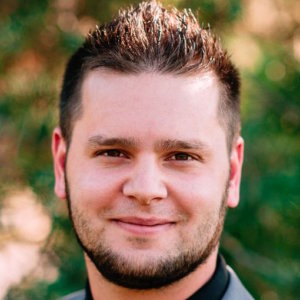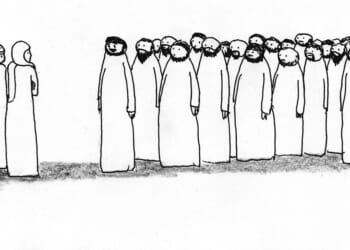(LifeSiteNews) — “We’re here because two of my four grandparents died through euthanasia within two months of each other.”
That is Benjamin Turland’s opening line in a powerful and heartbreaking new video by Dying to Meet You, a story-telling project launched by Amanda Achtman. Many of her life-affirming stories—including that of Roger Foley, a man who has been offered euthanasia several times, and Christine, who got a “Don’t Euthanize Me” tattoo in her 80s—have gone viral.
Turland vividly remembers the moment his parents called to tell him that one of his grandmothers had chosen euthanasia. “I’ve never had that experience before where I felt like someone punched me in the gut,” he said. “She was most likely going to die within a few days by natural causes, and so for me, I didn’t understand why you would want to go through with this. It just wrecked me.”
Two months later, the grandmother Turland was closest to made the same decision. He had lived with her while going through university, and she was one of his closest friends. They had special nicknames for each other, including “Bestie.” He treasured every moment with her.
“There’s a strong guilt of like, why didn’t I say something?” he told Achtman. “The message [her choice of euthanasia] sends to me is, I’m like, did I not love you enough? Did I not love you the correct way? Did I not make you feel like you are not a burden?”
READ: Disabled man needs help as hospital continues to pressure him with assisted suicide
“With both of them, it makes you ask the question: What did I do wrong that you would want to end it now, and not stay with me for a little bit longer? If I could have had two more days with you, would I take that? Yes. Over anything. Because now I don’t have you. What could I have done that would make you feel like a day, two days, three days, is worth it? Even if you can’t talk … even if I just get to hold your hand.”
He would give anything, Turland said, just to be with them and to hold their hands; kiss their foreheads; stroke their hair. Because the remaining time was short, it became more precious rather than less precious.
“It’s the choice of MAID that hurts,” he told Achtman. “With my grandfathers, I couldn’t have done anything about them passing. That was just the natural time for them to go. But when you choose it, I feel like there is something I could have done, and it impacts multiple generations.”
He urged Canadians to reach out to their grandparents and have those difficult conversations—now. Grandchildren, he said, can say to their grandparents that they want them to stay; that they want them for longer. The conversation, he said, might be painful—but nowhere near as painful as it is to lose a grandparent to euthanasia.
Activists insist that euthanasia and assisted suicide are necessary to address and reduce suffering. The reality, as Turland details, is far different. Those who are killed by lethal injection often leave conflicted, grieving, suffering loved ones in their wake, while suicide activists tell them they are not entitled to their grief, and that to oppose “MAID” out of love is to violate the human rights of their family member.
Turland disagrees. Life, he says, is a love story. “You’re saying to them: I just want to be with you, for every moment, til every last breath,” he said. “I don’t know why that would be a bad thing for them to hear, because they are going to feel so loved.”


















